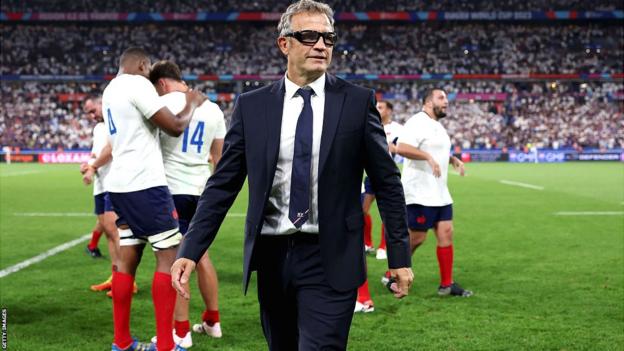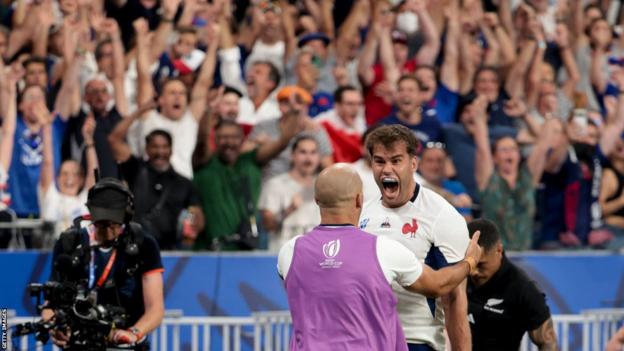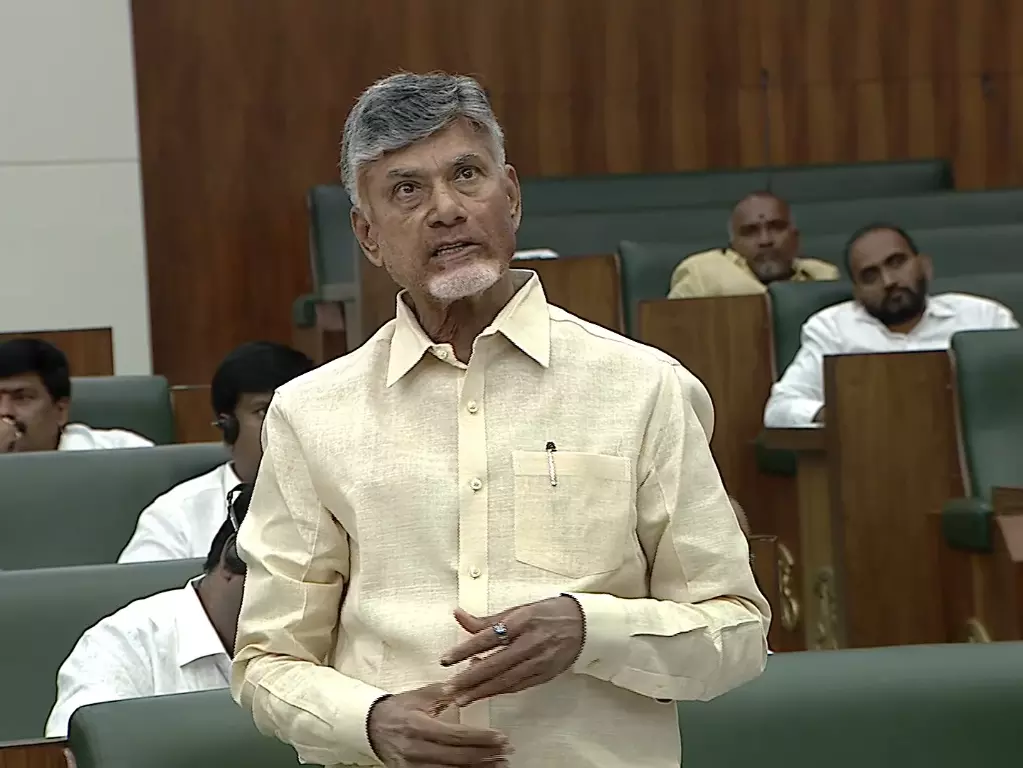As a concept, perhaps it isn’t very Parisian. Maybe it is a little provincial and parochial for the capital, lacking a certain cosmopolitan sophistication.
But down south, in French rugby’s heartlands l’esprit de clocher – literally ‘the spirit of the belltower’ – is a thing.
It refers to the desire to defend what is yours, the honour and obligation of home victory.
They understand it in Castelnau-Magnoac. It is captain Antoine Dupont’s small hometown, an hour or so west of Toulouse.
There, despite a population of fewer than 1,000, is a club, a pitch and a ready battalion of locals who will play, with friends and family in the stand and civic pride on the line.
Stade de France, a cavernous stadium, circled by busy ring roads on Paris’s outskirts, is far from that scene. The sound of Notre Dame’s famous bells don’t carry this far out of town.
But just when they needed to, Dupont and his men, answered the call on Friday night. Because, at one point, this game, at their home, in their tournament, looked like it could be carried off into the balmy night.
New Zealand had opened up France after just 93 seconds when Mark Telea gathered a Beauden Barrett crossfield bomb and sauntered in. They threatened to do wreak more havoc throughout the first half, without ever quite converting.
After 40 minutes, the scoreline told one story. The stats though told the truth. New Zealand had carried for 378m, France had managed just 184m. New Zealand had crossed the gainline 37 times, France just 15. New Zealand had beaten 22 defenders, France only three.
Only the reliable boot of Thomas Ramos and opportunities butchered by All Black hands had preserved a 9-8 lead for the hosts.
Three minutes after the break, that fig leaf was gone too. A second try for Telea. New Zealand ahead and with the momentum. France apparently in danger of wilting under oppressive 30-degree heat and a high-pressure front of public expectation.
But this team is acclimatised now. They have weathered storms before.
France have won their past 15 Tests at home – a run that stretches over two-and-half years and takes in visits from every leading nation. Zoom back still further, and they have won 24 of their past 25 home Tests, with only a behind-closed-doors defeat by Scotland in March 2021 breaking the streak.
There have been close calls along the way in that time. Occasionally the occasion has seemed too big to swallow.
Trying to seal a first Six Nations Grand Slam for 12 years in 2022, a stilted first hour allowed a mediocre England to lurk within a converted score before France stretched away.
Coach Fabien Galthie saw some of the same again on Friday.
“We were not expecting it to be so tense, even in the stands,” he said afterwards.

“We thought we were ready for that kind of pressure, but we were not.”
They may not have been prepared, but they were canny enough to adapt.
Man of the match Gregory Alldritt and tireless second row Thibaud Flament trucked the ball up round the fringes as France tightened up their game and squeezed New Zealand’s space and supply of possession.
The tide turned, the penalties came their way, and the points followed. New Zealand, who were not helped by wing Will Jordan’s yellow card for a reckless clattering of Ramos in the air, faded out of the contest.
“We won the arm-wrestle,” said Galthie.
“That enabled us to keep in touch with New Zealand, particularly in our weaker moments, and then we regained control of the second half.”
It wasn’t all good news for Galthie. His first-choice hooker Julien Marchand limped off, and potentially out of the tournament after suffering a nasty-looking lower leg injury.
However, he has a decent option in Peato Mauvaka to step up, Jonathan Danty to return and beef up the midfield and a slick performance from Mathieu Jalibert to review. The fly-half’s swerve outside Ardie Savea to create an overlap and Damian Penaud’s try was perhaps the match’s most sublime moment of skill.
France’s pool stage continues as a roadshow around the country. Next is Uruguay in Lille on Thursday, then Namibia in Marseille and finally Italy in Lyon.
Win all those and they will return to Paris for the quarter-finals with an avalanche of momentum and emotion behind them.
Before that match, in this concrete corner of Paris, the arrivals would be even earlier, the music even louder, the beer kegs piled even higher in the hours before kick-off. The love from Castelnau-Magnoac and thousands of similar backwaters towards Dupont and his team would be even greater.
This team has built its own belltower. It may yet be toppled and France’s dreams shattered. But it won’t be without an almighty fight.







